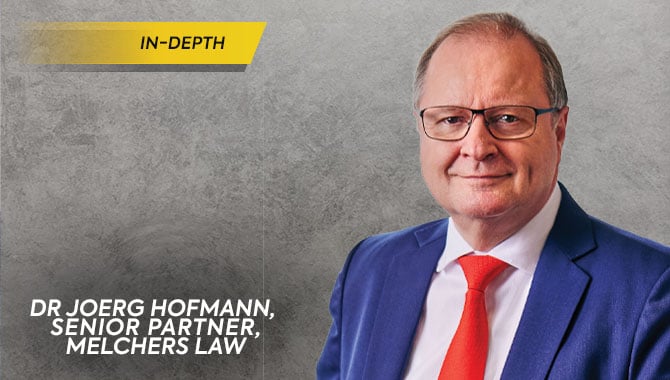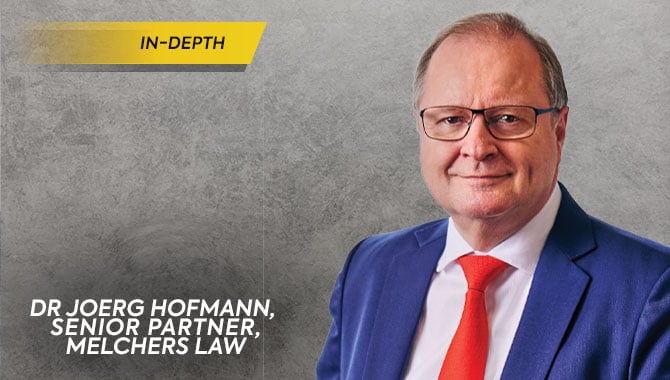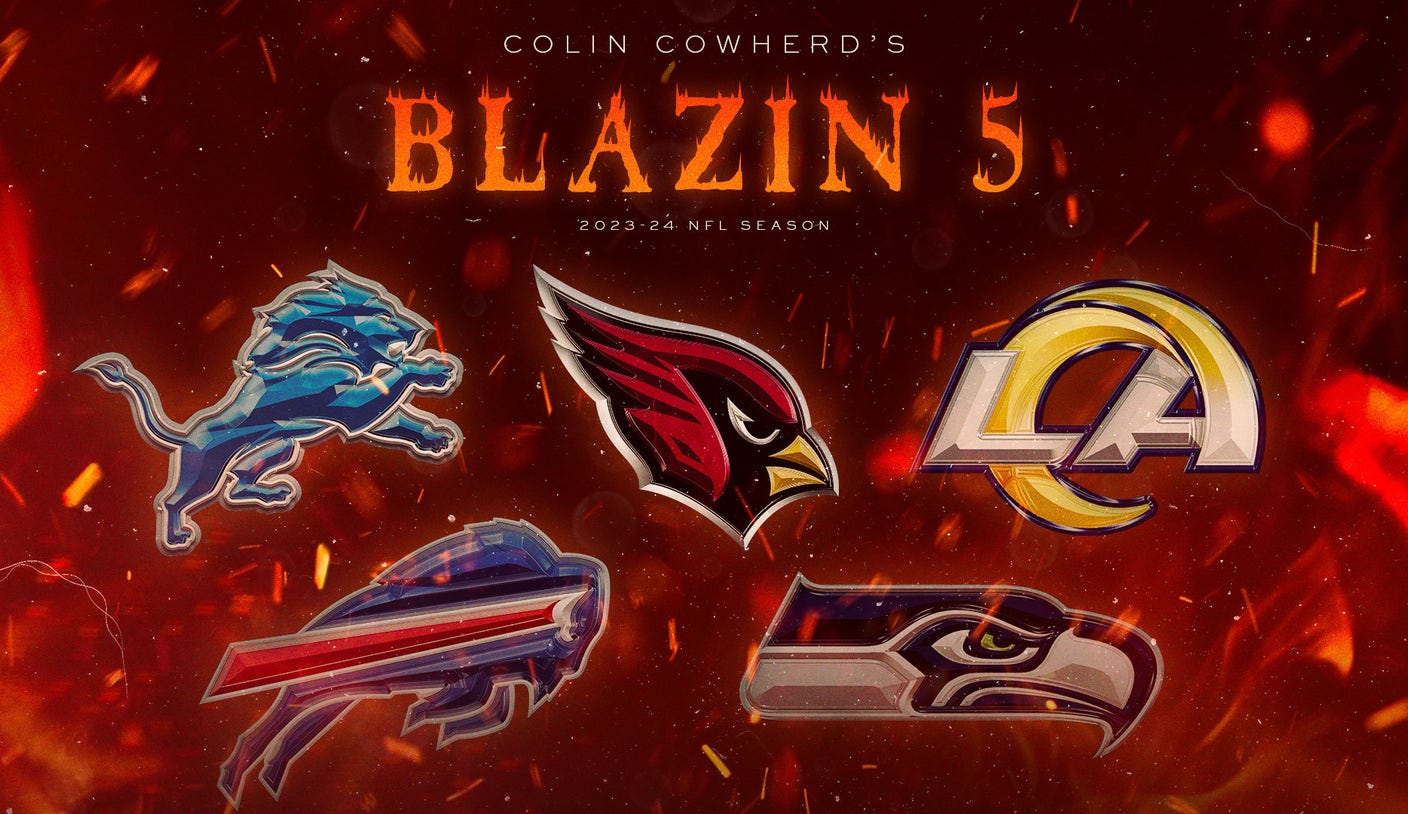
Enforcement against the black market is picking up speed in Germany. In recent weeks and months, the Gluecksspiel (GGL), the new “Joint Gambling Authority of the Federal States,” has already sent numerous hearing letters to operators of unauthorised gambling. Such letters have also been addressed to their contractual partners such as affiliates, payment service providers and comparison portals. In all these letters, one term gains central importance, the “white list.” This list shows which gambling operators are permitted – i.e. licensed – in Germany. This is particularly relevant in online gambling, where the offers are manifold and available almost everywhere.
It is therefore not surprising that the gambling supervisory authority in its letters, and also in subsequent interdiction letters, assesses the legality of a gambling offer according to whether or not the operator in question is included in the white list. If not listed, the operator is considered to be illegal.
This has far-reaching consequences. The white list is similar to a register whose information is publicly available. The GGL allows the download of the current version on its homepage. Licensed sports betting operators are listed in section 7, licensed virtual slot machine game operators in section 8 and permitted online poker rooms in section 9.
Currently, and in the future, authorities and courts are to be bindingly guided by this. According to the explanatory notes to the current Interstate Treaty on Gambling, this also and especially applies to “those involved in legal transactions.” These are, among others, payment service providers, software developers, affiliates and other advertising companies – and last but not least, of course, the players themselves. Television broadcasters, publishers and radio stations can quickly clarify who they may safely broadcast or print advertising for by consulting the white list. The same applies to advertising in social media.
This sounds practical and simple, but it is not. Advertising for permitted gambling offers is subject to numerous restrictions resulting from the Interstate Treaty on Gambling, as well as the licences themselves. These must of course be observed. At the same time, however, they are also very general and sweeping, in that many restrictions have already been challenged in court. Therefore, doubts remain about what is permissible at the level of interpretation and application of regulatory provisions. Just one example: even for licensed operators, there is an interdiction to work with influencers in gambling advertising. This interdiction is likely to go too far in its lack of differentiation and is not legally tenable.
Enforcement against the black market is picking up speed in Germany. In recent weeks and months, the Gluecksspiel (GGL), the new “Joint Gambling Authority of the Federal States,” has already sent numerous hearing letters to operators of unauthorised gambling… In all these letters, one term gains central importance, the “white list”
For a certain period of time, the scaling down to the categories black or white (black market or white list) was and is supplemented by yet another category. It is a little diffuse. So, let’s call it grey. It is a feature of the so-called “transitional regime.”
Online casinos from the time before the current Interstate Treaty on Gambling came into force were to be accepted to maintain their gambling services under certain conditions, to be able to transfer them to the licensed market created for virtual slot machine games without interruption. This was a kind of de facto toleration, which was conveyed through the suspension of enforcement against these operators. One of the prerequisites of this de facto toleration was that the operators had participated in the licensing procedure for virtual slot machine games and, if applicable, also for online poker.
If these requirements were met, these companies could and can be active on the German gambling market without having to fear enforcement measures by the supervisory authorities.
The white list is of no help for this category of operators. It only provides information about who is actually licensed. It cannot do justice to the special compliance status conveyed by the transitional regime. And it does not have to. On the part of the decisive gambling supervisory authorities, it had to be considered consistent that the principles of the transitional regime also had to apply to the B2B partners and customers of these operators, without the operators being contained in the white list. Otherwise, the transitional regime would have been led ad absurdum.
Not all pending licensing procedures could yet be concluded by the issuance of licences. This means payment service providers or software suppliers cannot decide whether to cooperate with such operators solely on the basis of the white list. In such cases, the specific status of the licensing procedure must be investigated.
This will only change when all pending licensing procedures have been completed. Then the colour spectrum of the white list will finally be reduced to black and white.



